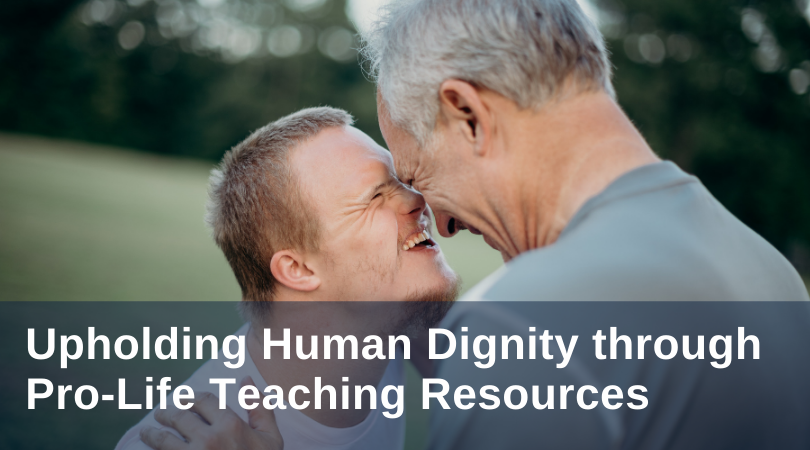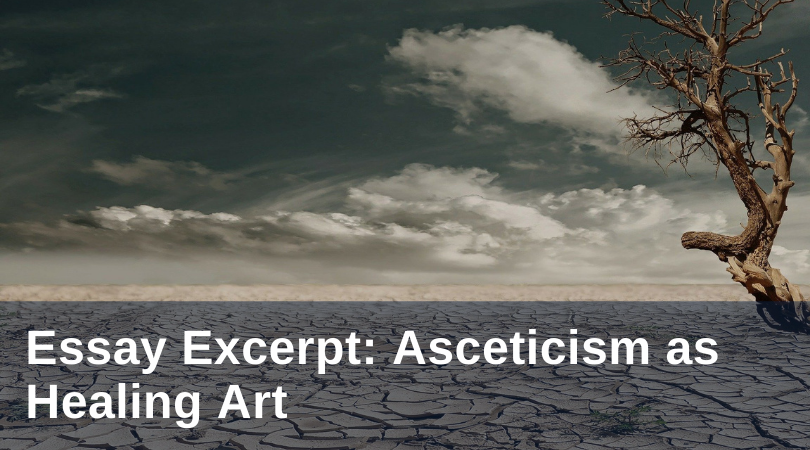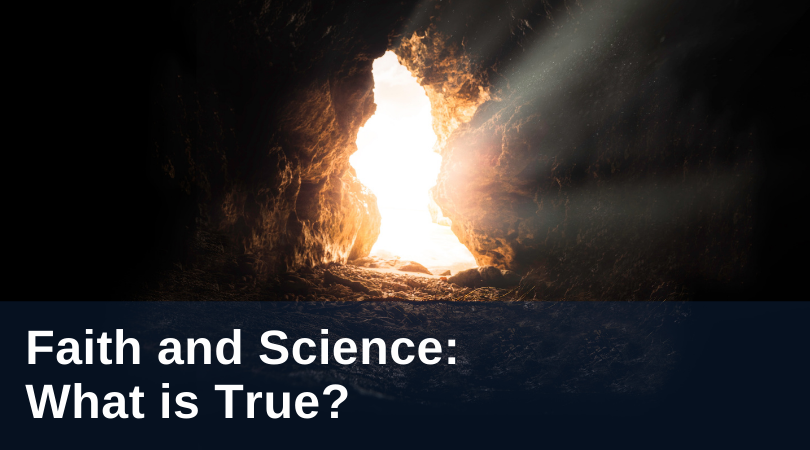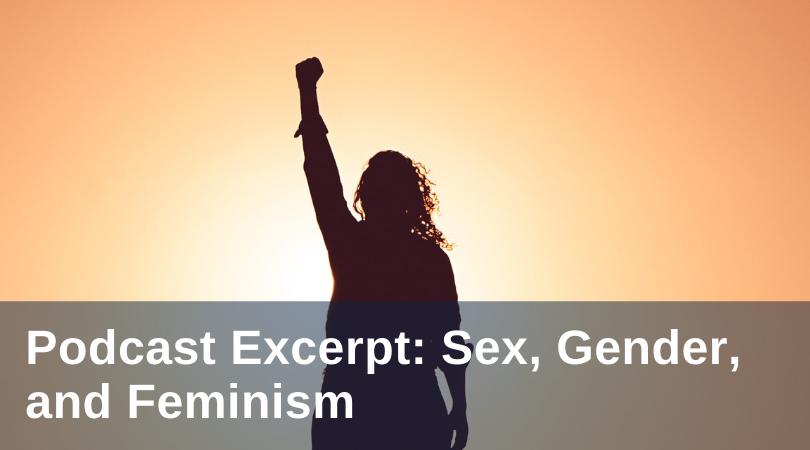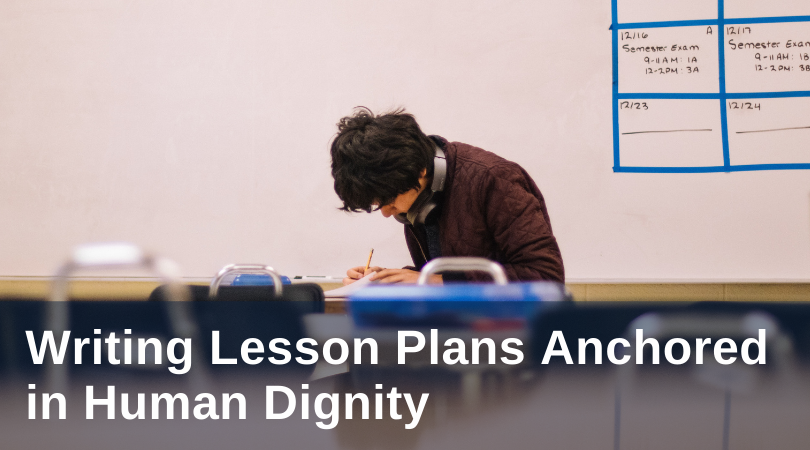If education is to be transformative, it must engage the mind, capture the imagination, and spark a desire for real engagement with the world. Julián Carrón writes, “Education is not explaining reality or forming some argument about it; it is helping another person . . . enter into reality” (“A Communication of Yourself,” in Disarming Beauty: Essays on Faith, Truth, and Freedom, 168). This kind of education is not a passive memorization of facts, but rather an “encounter.” Such encounters captivate the attention, propose “a hypothesis of meaning,” and inspire students to search for what is good, true, and beautiful.
Upholding Human Dignity through Pro-Life Teaching Resources
Topics: abortion, pro-life, human dignity, teaching resources, Office of Life and Human Dignity, Down syndrome
Editorial Note: This excerpt is taken from an essay by the same name originally published at Church Life Journal on March 7, 2016.
Topics: asceticism, healing, Lent
Faith and Science: What is True?
Editorial Note: This post is part of our #FaithAndScience series exploring the relationship between science and religion, and contains excerpts from the textbook Faith, Science, & Reason: Theology on the Cutting Edge, 2nd edition (Midwest Theological Forum, 2019).
How do we know what is true? Is truth discovered from majority opinion or is it grounded in something else?
The answer to this question depends on what kind of truth someone is looking for. For example, someone might ask if it is true that the universe began with a “Big Bang,” or someone might ask if it is true that Mary, the Mother of God, was conceived without sin. In the first example, we are talking about scientific or material truth—the truth about how something works in the material world. In the second instance, we are talking about a spiritual truth—the truth about meaning. What does it mean to say Mary was conceived without sin, and why is this important?
Topics: faith and reason, science and religion, Immaculate Conception, truth
March marks the annual observance of Women’s History Month, and in today’s world, it can be difficult to know how to talk about gender, feminism, women’s empowerment, or the question of identity. In learning how to do so, it can be helpful to start with exploring how the Church has responded to these concerns, especially in recent years.
Topics: Catholic feminism, feminism, gender, sex, Women's History Month
During my second year of teaching, I had a very unique schedule. After my second-hour pre-calculus class, my sophomore theology students walked into the room for Church History. Given the sharp difference between the two classes and my personal interest in mathematician-theologians like René Descartes and Blaise Pascal, I began asking how I could make my math classroom a place for students to encounter the faith. Certainly this is the ideal. A math class, or any class, in a Catholic school ought to have a distinctive character, a formative dimension that transcends the intellectual component of education.
Topics: human dignity, Office of Life and Human Dignity, educational resources

